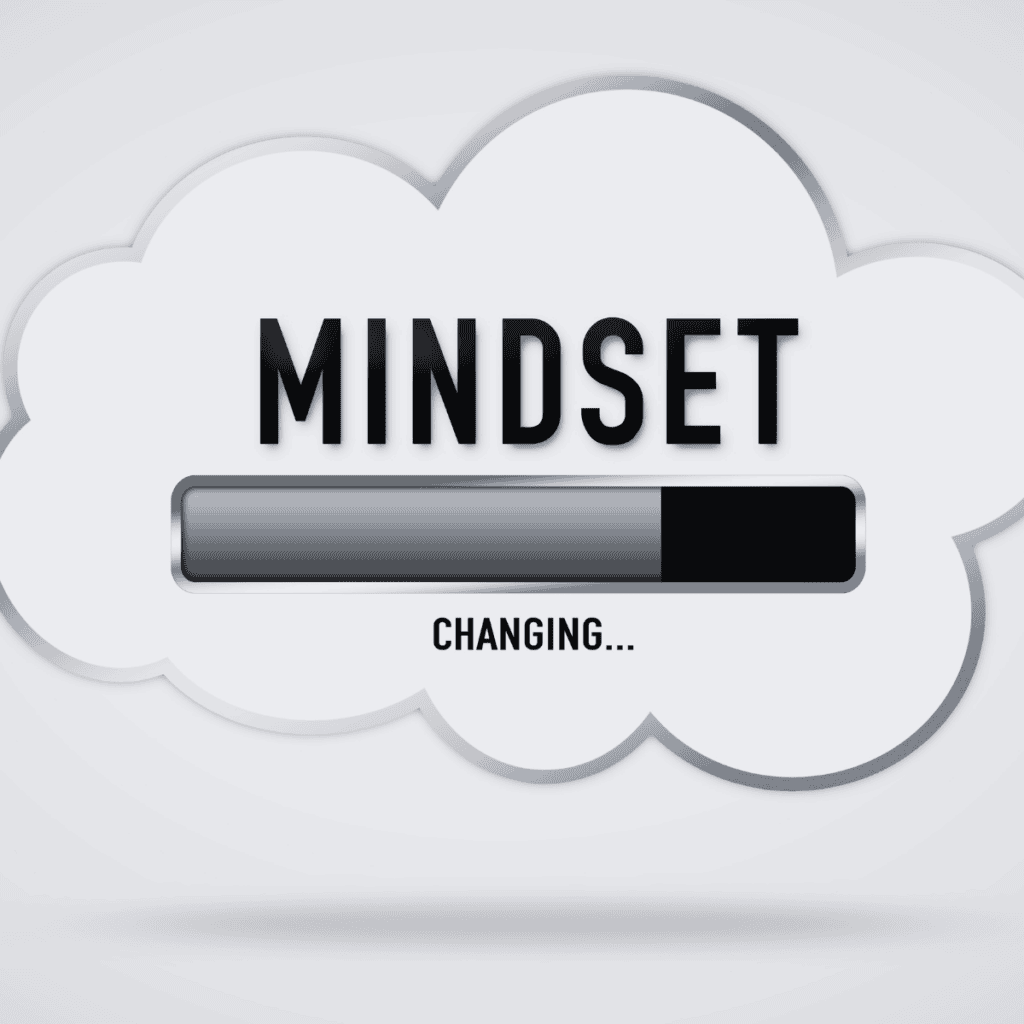8 Signs Of A Small Mindset
A small mindset, often refers to a way of thinking that limits personal and professional growth due to certain beliefs and attitudes.
This article delves into the telltale signs of a small mindset, supported by scientific insights, and offers guidance on transcending these limitations. Because, it’s not all doom and gloom – being aware of them is a huge part of the solution!

1. Fear of Failure
Why: People with a small mindset often view failure as a negative reflection of their abilities rather than a stepping stone to success. This fear can lead to avoidance of challenges and opportunities for growth.
Research in the field of educational psychology, notably by Carol Dweck, highlights how a fixed mindset—believing that abilities are static—can make people more likely to give up after failures, due mainly to the belief that they are incapable of improvement.
2. Resistance to Change
Why: Change is often perceived as a threat rather than an opportunity by those with a small mindset.
This resistance is rooted in a desire for stability and predictability, but it hampers adaptability and growth.
Studies in organizational behavior have shown that individuals with a fixed mindset are less likely to embrace change and adapt to new environments, limiting their potential for personal and career development.
3. Envy and Comparison
Why: Constantly comparing ourselves to others, and feeling envious of their success is a hallmark of a small mindset. This mindset fosters a zero-sum view of success, where one person’s achievement is seen as a loss for others. Unfortunately, social media and it’s highlight reels, doesn’t help.
Psychological research indicates that such comparison can lead to reduced motivation and satisfaction, as individuals focus more on others’ achievements than on their own growth and accomplishments.
4. Avoidance of Feedback
Why: Feedback, especially when it’s constructive or critical, is often avoided by individuals with a small mindset.
This avoidance stems from taking feedback personally rather than seeing it as a tool for improvement.
No one enjoys receiving negative feedback, but studies in psychology suggest that a growth mindset, on the other hand, is associated with a greater openness to feedback and a more constructive response to criticism, facilitating learning and development.
5. Lack of Perseverance
Why: A small mindset is frequently characterized by a lack of perseverance in the face of difficulties. When faced with obstacles, those with a small mindset may quickly give up, attributing their challenges to unchangeable personal deficiencies, rather than variables they can influence.
Research on grit and resilience shows that a growth mindset fosters perseverance and resilience, enabling individuals to persist through challenges and setbacks.
6. Discomfort with Success
Why: For those with a small mindset, the success of others can be uncomfortable and even threatening, leading to feelings of inadequacy.
This discomfort then hinders personal and professional relationships, and limits opportunities for collaboration and learning.
Psychological studies on social comparison have found that individuals with a fixed mindset are more likely to feel threatened by others’ successes, rather than inspired.
7. Short-term Thinking
Why: A small mindset often leads to prioritizing immediate results over long-term growth and development. This short-term focus can result in missed opportunities for learning and development that pay off in the long run.
Research in decision-making and behavioral economics has shown that a focus on immediate gratification can undermine long-term success and fulfillment.
8. Reluctance to Take Risks
Why: Risk-taking is essential for growth and innovation, but individuals with a small mindset often shy away from taking risks due to fear of failure and uncertainty.
This reluctance can stifle personal and professional growth. Studies on entrepreneurship and innovation highlight the importance of a growth mindset in embracing risk and uncertainty as part of the journey towards success.
Overcoming a small mindset begins with self-awareness and a commitment to personal growth, even if it begins with small steps out of the comfort zone. By embracing challenges, learning from failures, and adopting a growth-oriented approach to life and work, we can move beyond the limitations of a small mindset and look outside the box.






